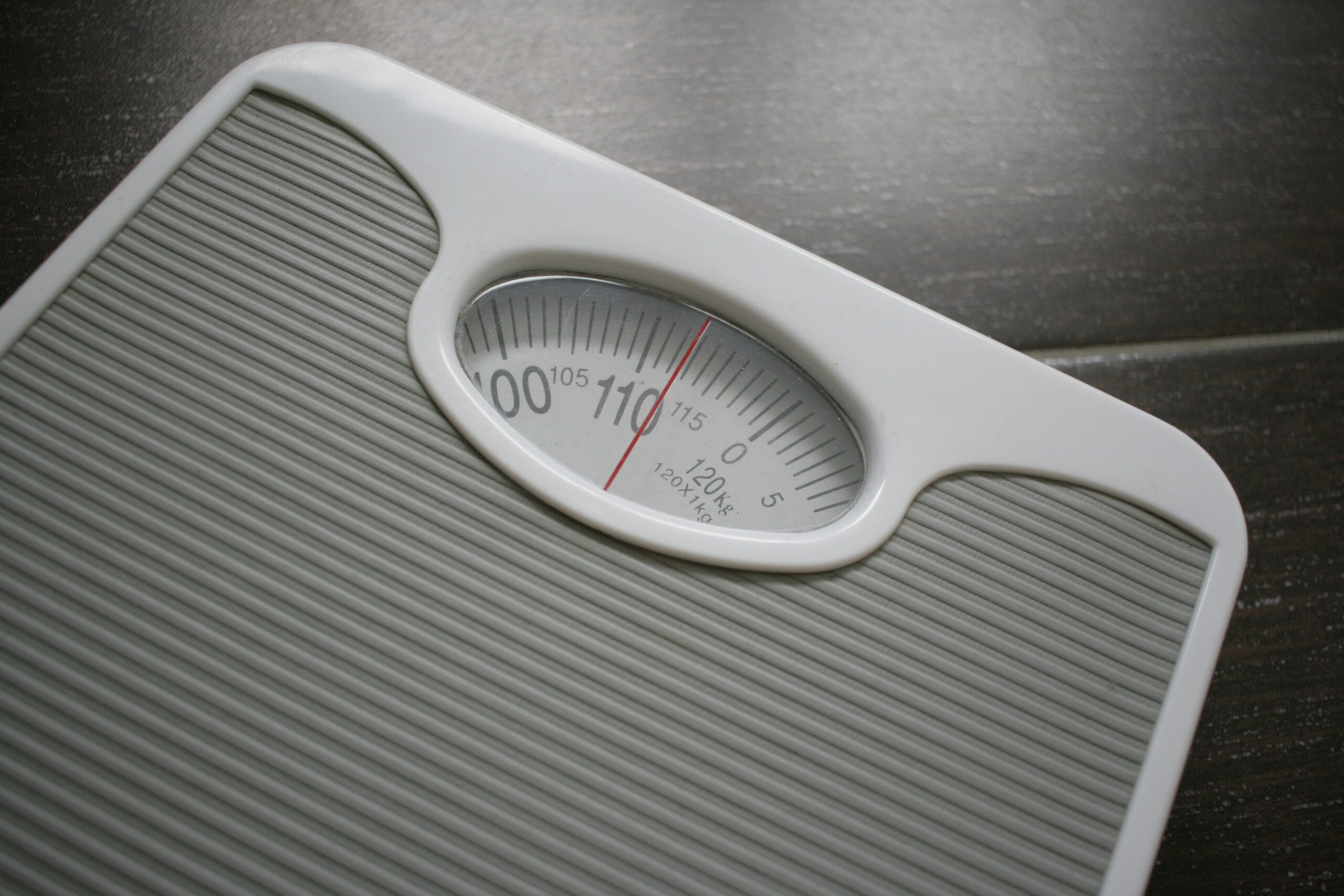WHAT IS CORTISOL?
Cortisol is a steroid hormone produced by the adrenal glands and is often referred to as the “stress hormone” because it increases when you encounters stress. It is a vital part of your body’s fight-or-flight response, preparing you to handle challenging situations by releasing stored energy and sharpening focus. But cortisol isn’t only about stress. It also plays an essential role in regulating many systems:- Metabolism: influences how the body uses carbohydrates, fats and proteins.
- Immune function: reduces inflammation and why synthetic versions are used in medications.
- Blood sugar regulation: maintains steady blood glucose levels.
- Sleep-wake cycle: (typically) peaks in the morning to help you wake and declines at night to prepare for rest.
- Increased appetite & cravings: High cortisol can trigger cravings for calorie-dense “comfort foods,” especially those high in sugar and fat such as chips or candy. This happens because your body believes it needs quick energy to handle stress, even if the stress isn’t physical.
- Belly Fat Storage: Chronically high cortisol is associated with more visceral fat—the abdominal fat that surrounds your organs and raises your risk of heart disease and diabetes.
- Impact on insulin: Too much cortisol can make your body less sensitive to insulin, which encourages fat storage over time.
- Disruption of muscle growth: Cortisol is catabolic, meaning it breaks down tissue, including muscle tissue. Since muscle supports your metabolism, over time this can make fat loss harder.
Now, while cortisol can play a role in weight management, it is usually not the primary driver of weight gain. Lifestyle factors like sleep, diet, exercise, and stress management are more significant. This is good news as these are things you can control!
_______________________________________________________________________________________________________________
HOW TO (NATURALLY) MANAGE CORTISOL
Before worrying about hormonal imbalances like cortisol, it’s important to evaluate your current lifestyle habits. For most people, the basics have a far greater impact on weight loss and overall health than hormone testing or treatments.
Building better habits and creating a healthier lifetyle will naturally lower your cortisol levels AND support your weight loss efforts at the same time! Here’s how you can start taking back control and building better habits to lower cortisol and lose weight:
1. Prioritize Sleep: Sleep is one of the most underrated tools for weight loss. Inadequate or inconsistent sleep raises cortisol levels and disrupts other hormones that regulate your hunger and fullness.
- Aim for 7–9 hours per night.
- Maintain a consistent bed and wake time.
- Limit screens before bed, keep your room cool and dark and create a wind-down routine.
2. Eat Balanced, Regular Meals: A balanced, nutrient-rich diet is crucial for weight loss! What you eat matters more than chasing hormonal “hacks.”
- Build meals with lean proteins, veggies, fruits, whole grains, and healthy fats.
- Cut back on processed foods and added sugars to keep blood sugar and cortisol stable.
- Eat 3 balanced meals per day–skipping meals can cause crashes that spike stress hormones.
3. Exercise Regulary: Physical activity is one of the best stress relievers!
- Exercise supports weight loss by burning calories, preserving lean muscle mass and improving insulin sensitivity.
- A mix of stregnth training, like our Small Group Personal Training sessions, with aerobic exercise, like our HIIT Classes, provides the greatest benefits!
- While intense, prolonged workouts can temporarily increase cortisol (this is normal), regular exercise regulates stress hormones and improves resilience.
- Practices like meditation, yoga, deep breathing, and walking helps lower stress and reduce cortisol levels.
- Social groups, partaking in your favorite hobbies, and spending time outdoors also contributes to stress reduction.
______________________________________________________________________________________________________________
Cortisol can be an easy thing to blame for weight gain, but it’s important to keep things in perspective. While chronically high cortisol can make weight loss harder by increasing appetite, fat storage and insulin resistance, it’s rarely the sole cause of weight struggles. Lifestyle factors like sleep, diet, exercise, and stress management have a far more immediate and controllable impact! The first best approach is to focus on your current lifestyle habits and begin working to improve each. And, if you need help, that is what the Results Fitness team is here to do, knowing that stuff can feel hard and impossible to figure out on your own! If you’ve already addressed these lifestyle habits and still struggle significantly with weight loss, despite consistent, healthy habits, the next step could be talking to your healthcare provider
